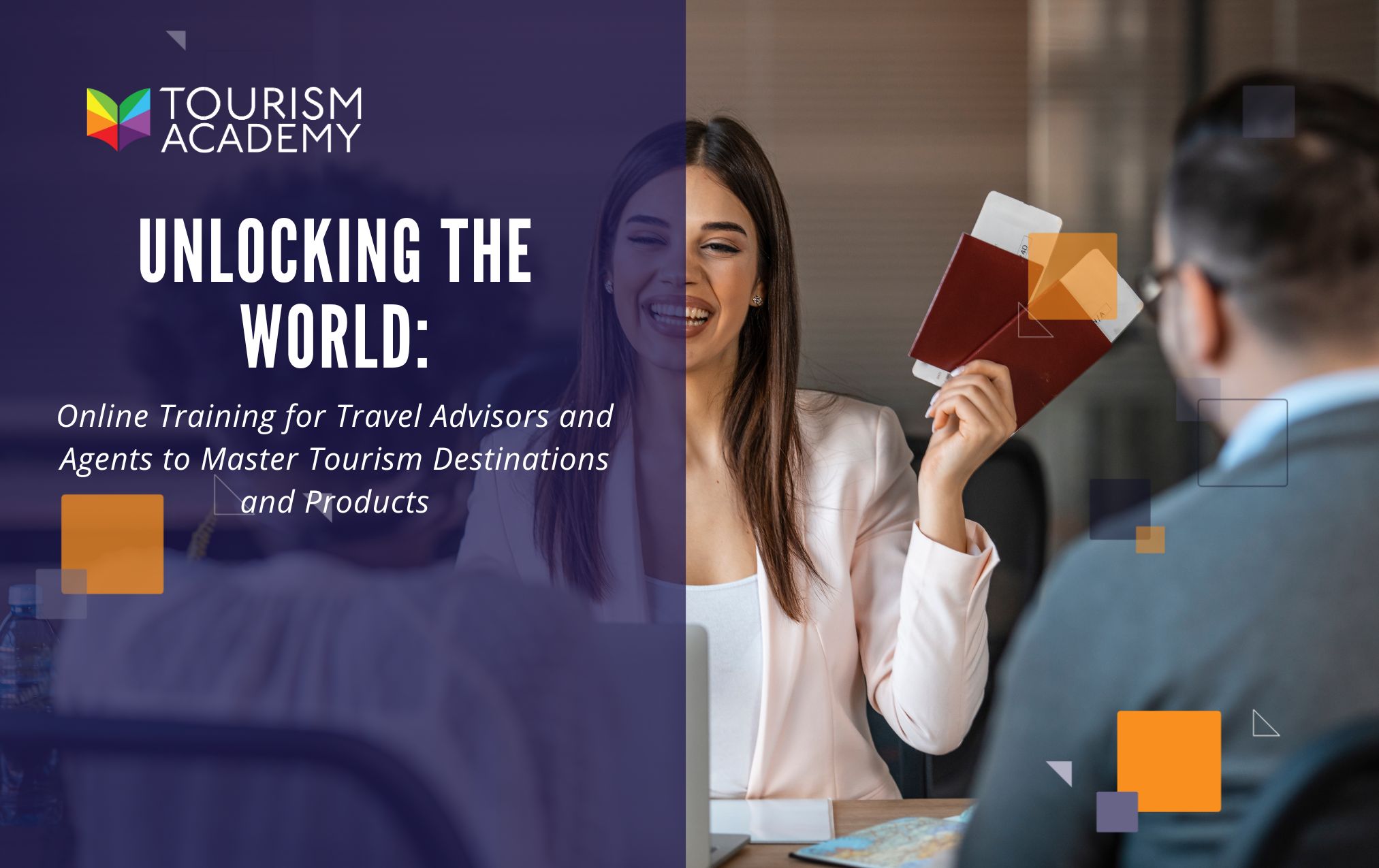
Unlocking the World: Online Training for Travel Advisors and Agents to Master Tourism Destinations and Products
Using online training to educate travel advisors and agents about tourism destinations and products can be an effective way to provide them with the necessary knowledge and skills. Here's a step-by-step guide on how to do it:
-
Identify the learning objectives: Determine what specific knowledge and skills you want travel advisors and agents to acquire through the online training. For example, understanding different tourism destinations, knowing about local attractions, becoming familiar with various products and services, etc.
-
Create a curriculum: Develop a structured curriculum that covers the desired learning outcomes. Break down the content into modules or lessons, organizing it in a logical and sequential manner.
-
Choose a learning management system (LMS): Select an appropriate learning management system to deliver the online training. An LMS allows you to manage course content, track progress, and provide assessments. There are several options available, such as Moodle, Canvas, or Teachable.
-
Develop engaging content: Create interactive and engaging content to capture the attention of learners. Consider using a mix of text, images, videos, quizzes, case studies, and real-life examples to make the training more interesting and practical.
-
Incorporate multimedia resources: Utilize various multimedia resources to enhance the learning experience. Include virtual tours, 360-degree videos, destination videos, and photos to provide a visual representation of the destinations and products being discussed.
-
Include real-life scenarios: Incorporate real-life scenarios and case studies into the training to help travel advisors and agents apply their knowledge in practical situations. This can involve presenting them with challenging situations and asking them to come up with solutions or recommendations based on their learning.
-
Provide self-assessment opportunities: Include quizzes, assessments, and interactive activities throughout the training to allow learners to assess their understanding and reinforce the knowledge they have acquired. Provide immediate feedback to help them learn from their mistakes.
-
Encourage collaboration and discussion: Create discussion forums or chat groups where travel advisors and agents can interact with each other and share their insights, experiences, and questions. Encourage participation and facilitate discussions to foster a collaborative learning environment.
-
Offer certification or rewards: Provide a certification or rewards system to acknowledge the successful completion of the online training. This can serve as motivation for participants and also demonstrate their expertise to potential clients or employers.
-
Continuous updates and improvements: Regularly update the training content to reflect changes in tourism destinations, new products, or emerging trends. Encourage feedback from participants to identify areas for improvement and make necessary updates to enhance the learning experience.
-
Evaluate the effectiveness: Conduct periodic evaluations to assess the effectiveness of the online training. Gather feedback from participants to gauge their satisfaction and measure the impact of the training on their knowledge and performance.
Remember to adapt the training content to the specific needs and requirements of your target audience. By providing engaging and comprehensive online training, you can empower travel advisors and agents with the knowledge and skills necessary to promote tourism destinations and products effectively.


Leave a comment